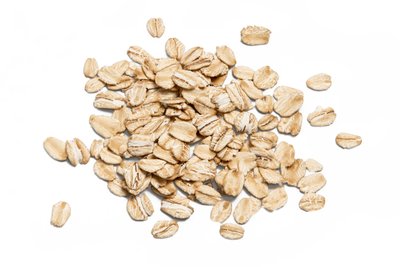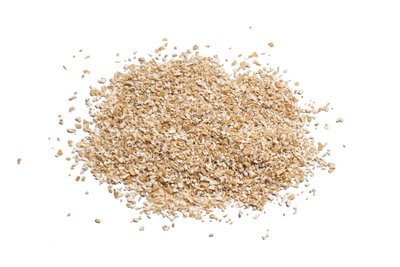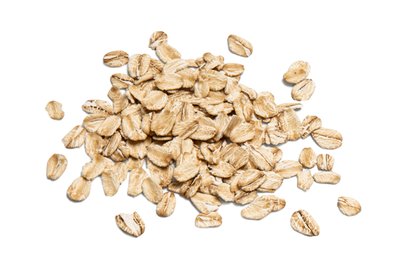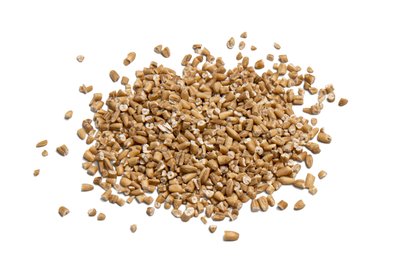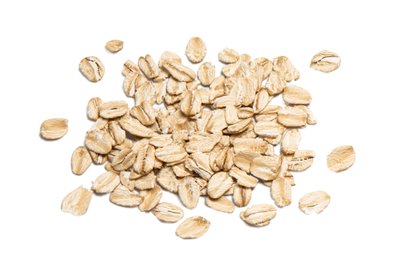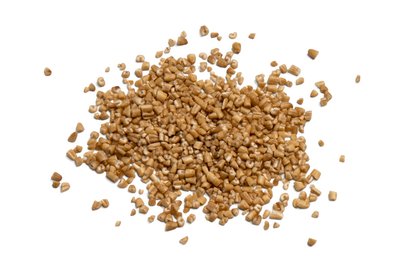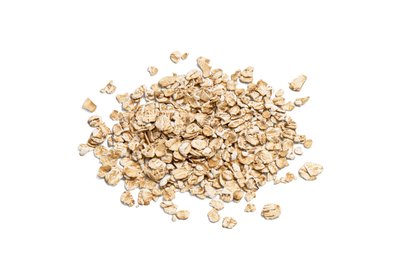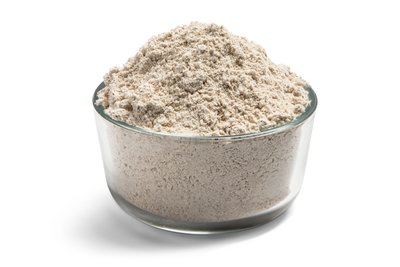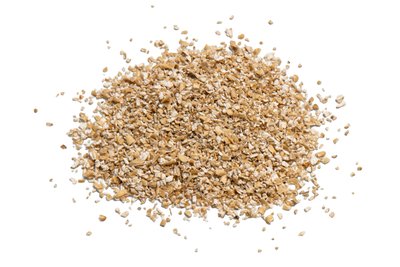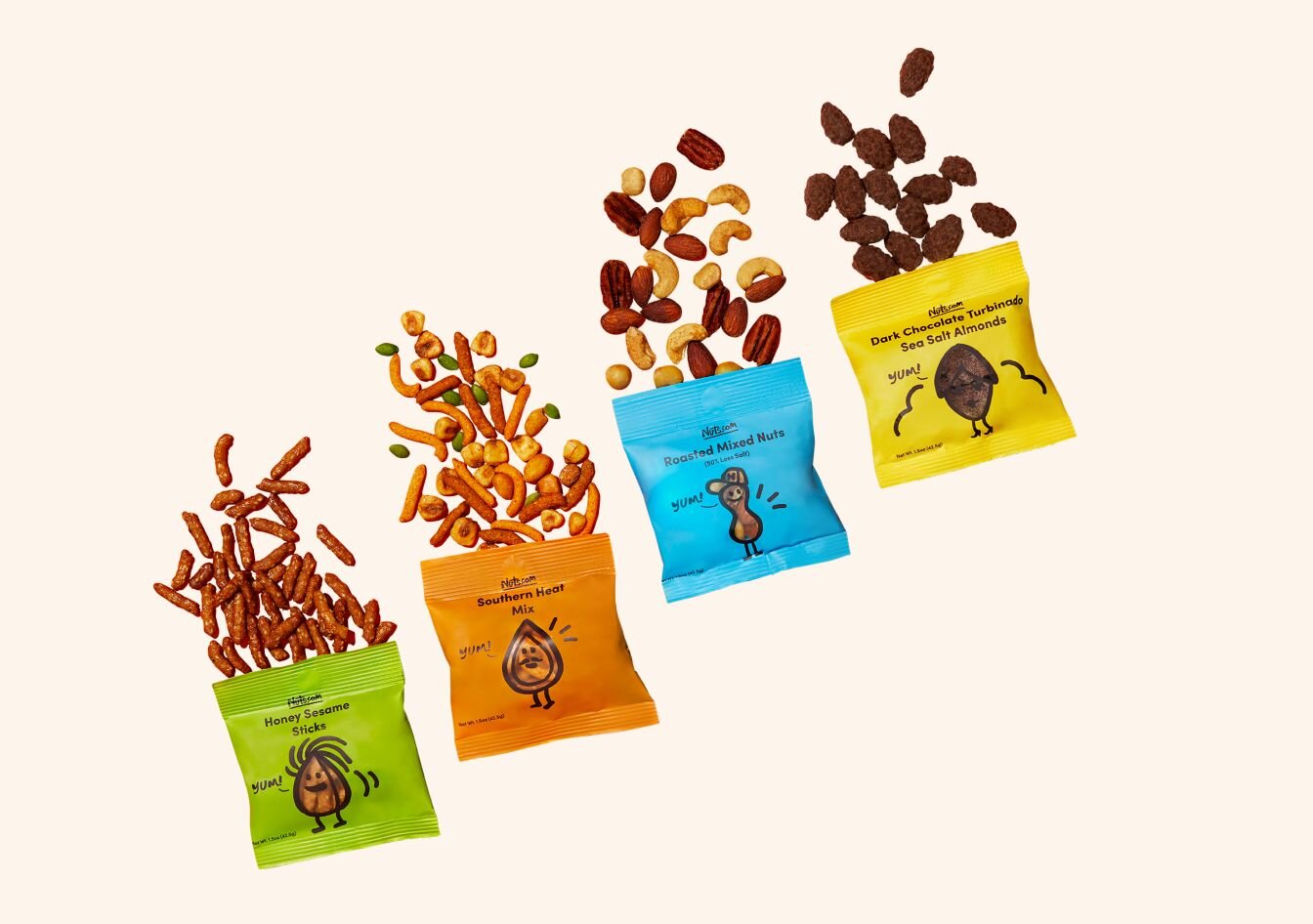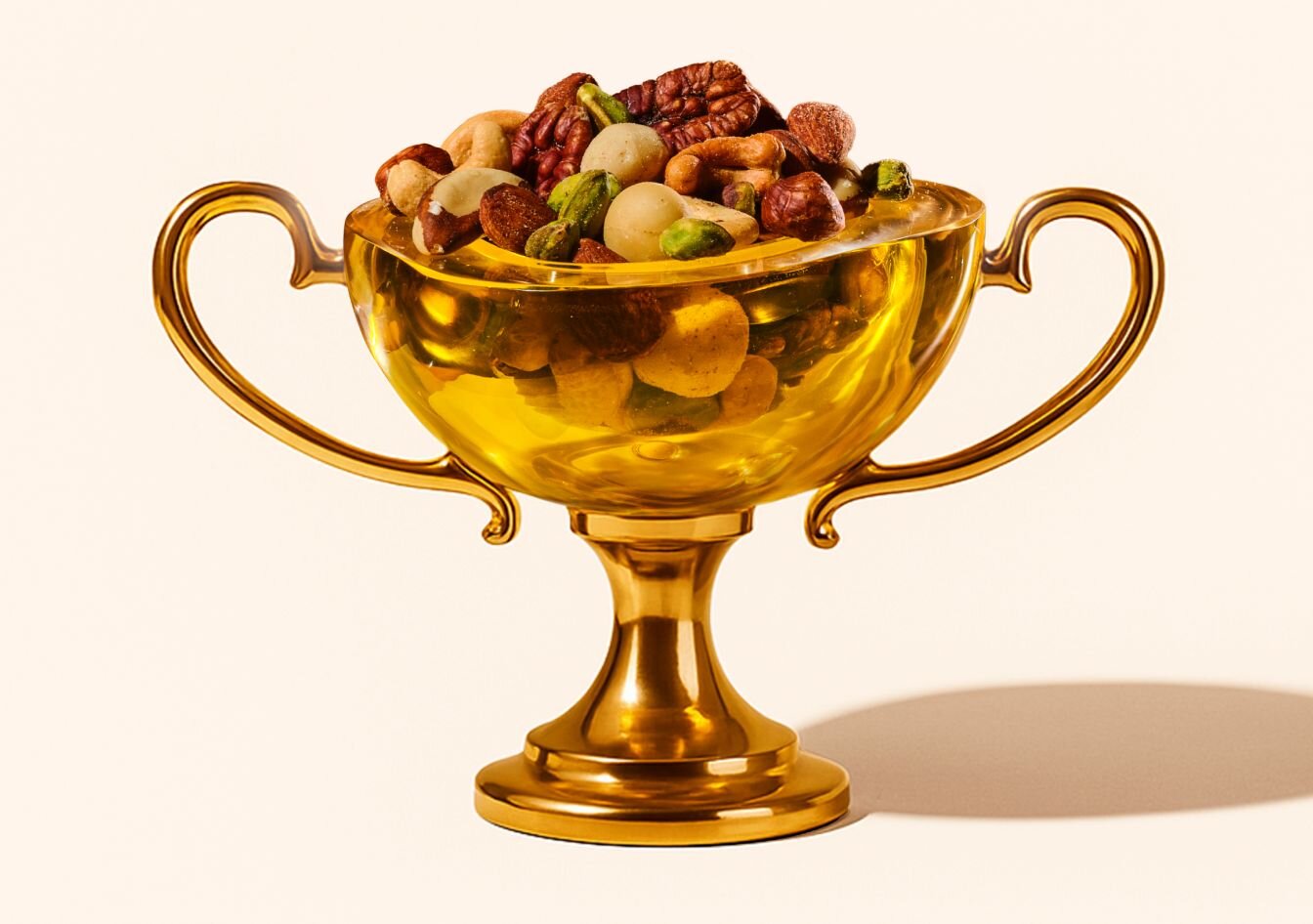- Wholesale
- Cooking
- Grains & Pasta
- Oats and Oatmeal Mixes
Bulk Oats and Oatmeal Mixes
Sort by:
What are Oats?
Oats are a cereal grain composed of seeds harvested from the common oat. The oat grass grows best in tepid climates and does not require much heat to grow; it can also be grown year-round. These benefits afforded the grain prominence as a secondary staple in locations with cool, humid summers such as the nations of North West Europe. While there are many uses for oats, including animal feed and select medicinal purposes, the seed is highly valued as a culinary staple and commonly used to create nutritious breakfasts, desserts, and snacks.
Oatmeal Nutrition
Oats are rich in protein, soluble fiber, and select vitamins and minerals to provide a healthy snack or meal when consumed in moderation. Though the specific nutritive value may vary depending on the type of oats consumed, each variety has a very similar nutrient profile. A quarter cup of oats supplies a powerful 152 calories, a near-complete Daily Value for manganese, and more than 20% of the Daily Value for biotin, copper, phosphorus, molybdenum, and vitamin B1.
Steel Cut Oats vs Rolled Oats
Two of the most prominent types of oats used as foods are steel cut oats and rolled oats. While these oats are very similar nutritionally, there are some slight differences that set them apart. Irish, Scottish, or steel cut oats are made of whole grain groats that have been cut rather than rolled. As a result, they are a bit thicker with a heartier, chewier texture and they typically take longer to cook; however, this wholesome nature also offers fewer calories, no sugar, and a lower Glycemic Index value than that of the rolled variety.
Rolled oats are the standard grains you’ll find in oatmeal mixes and cookies. These toothsome seeds are very close to steel cut oats in terms of nutrition, with less than a gram of sugar and only marginally more calories than steel cut oats. They also offer the benefit of having no saturated fat whatsoever, compared to the half of a gram included in ¼-cup of steel cut oats. Rolled oats look flat and typically cook quickly; and, while steel cut oats make a delectable hot breakfast and a superb selection for savory dishes, rolled oats typically take the cake when it comes to confections, cereals and other common uses.
Benefits of Oats
Whether you’re enjoying steel cut oats, rolled oats, or whole grain groats- you’ll be pleased to know that the hearty grain may also help support cardiovascular health and immune function. Some of the carbohydrates that compose oats are largely healthful; beta-glucan has been shown to enhance immune function and may also help maintain a healthy glycemic response. This last benefit provides synergy for those pursuing a gluten-free diet with the aim of maintaining a low Glycemic Index.
Additionally, since the grain is free of gluten- it offers an abundant source of carbohydrates and fiber to those that are unable to digest the protein, such as those afflicted by Celiac disease. The protein it contains instead, avenin, is non-toxic and poses problems to less than 1% of those with Celiacs. This may prove vital to those with dietary restrictions, as the protein provided by the grain can supply an essential source of the nutrient needed to support the development of skin, muscle, and bone; fiber similarly is fundamental for supporting digestive health.



